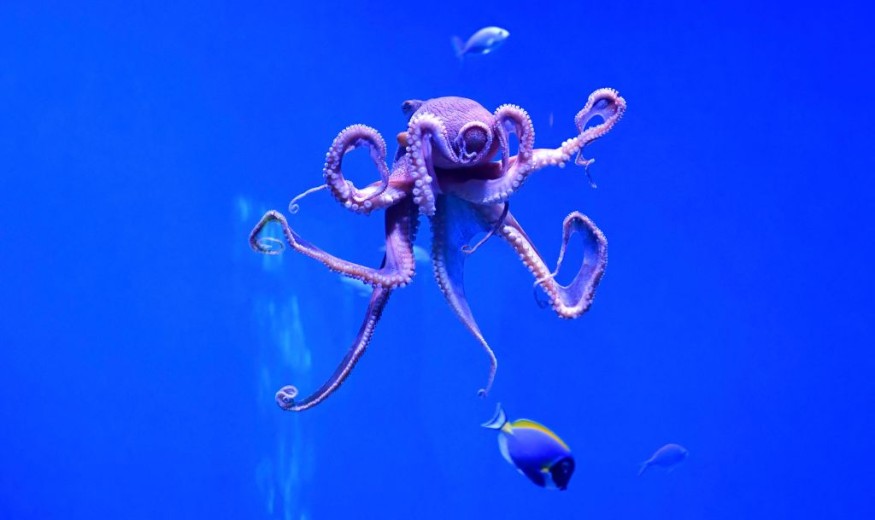
A recent report showed that octopus has an amazing visual process that could help them navigate different locations underwater.
The latest research could also help experts understand the human's vision.
Animals have their unique way of vision competing in different environments or ecosystems. From sunlight to dark, vision plays a significant role in their survival.
In the latest report published in Phys.org, the article explained noted that octopus has powerful visual vision, devoting most of the brain process to vision.
As a result, researchers looked into how marine animals could navigate or locate areas underwater, even without any sunlight.
Octopus visual power
The research is also published in the Current Biology journal.
The study explained that cephalopods manage to evolve unique brain power. They also evolved their vision with the so-called camera-type eyes.
Underwater, the said animals could look into different areas with higher resolution despite being dark. The powerful visual skills of octopuses have been significant in evading predators and looking for possible prey.
According to the report, experts monitored the animal's vision-neutral activity, noting that octopuses evolved their brains independently.
The researchers tried to observe how octopuses could respond to neutral activity in dark and light areas.
UO neuroscientist Cristopher Niell explained the importance of the research, adding that none managed to record the said animal's central visual system.
The report noted that octopuses are mainly studied for their brains. However, cephalopod evolved their vision independently, which makes their visual different from other species.
The researchers explained that they decided to map out the octopus optic lobe based on the responses. The study looked into the neuron's different categories, considered dedicated to animal vision.
Using fluorescent microscopy, the researchers said that they could observe the neuron activities based on the octopus' responses to light and dark spots.
Furthermore, the researchers noted that the octopus's visual systems responded to light and dark stimuli, adding that the marine animal the optic lob location would react on an area of a brain.
The discovery is essential to uncover the connection of sensations to brain spots. The report added that the neurons of octopus could respond to:
- Small light spots or locations
- dark spots or locations
In conclusion, the researchers noted the importance of further studies, especially for detailed response properties or images.
More facts about octopuses
Octopuses have amazing facts that you should know. They are known for their brain prowess.
According to the Smithsonian Magazine, the octopus' two-thirds neurons are in their arms. It can function on different tasks.
Moreover, the report said that octopus has three hearts inside their bodies: the two hearts are in-charged of the animal's gills, and the other heart functions for circulation.
Meanwhile, sheddaquarium.org reported that octopuses have blue blood. They are also skillful in camouflage to evade enemies and attack on prey.
Related Article : Moving Octopus Brain Activity Discovery Helpful for Studying Their Behavior, Intelligence
For more similar stories, don't forget to follow Nature News.
© 2026 NatureWorldNews.com All rights reserved. Do not reproduce without permission.





